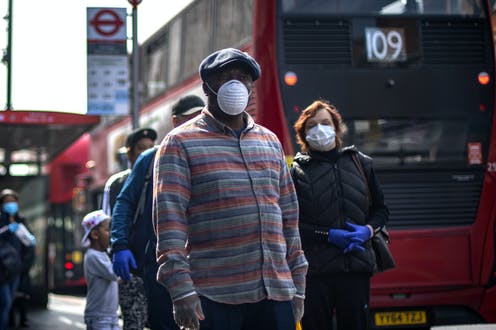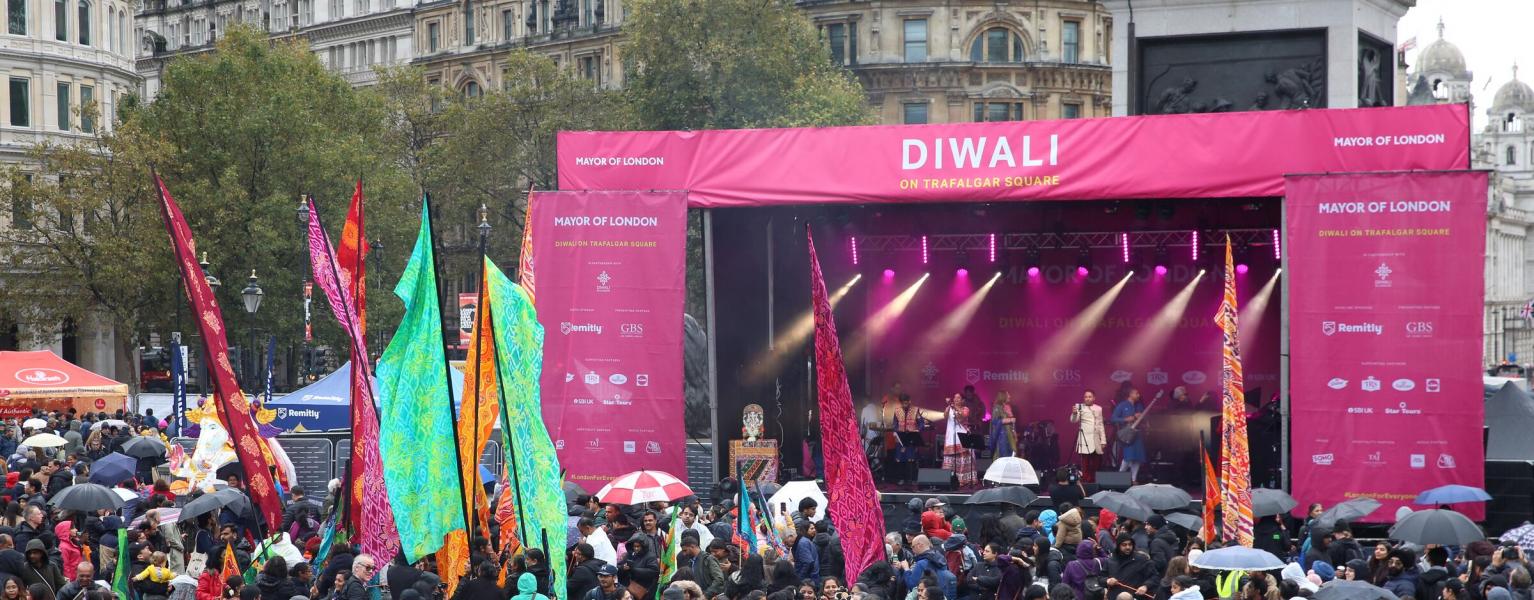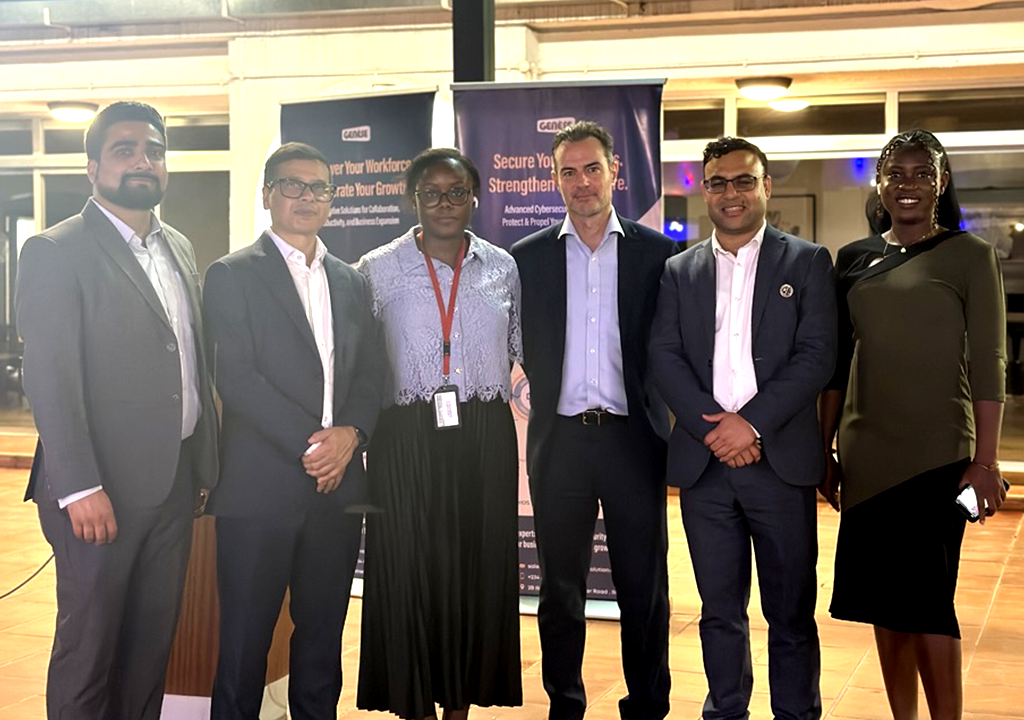Black, Asian and other minority groups are more likely to have lost their jobs in lockdown – new research

Yang Hu, Lancaster University
The COVID-19 pandemic and the global rise of anti-racism movements, such as Black Lives Matter, are the most prominent events to define our lives in 2020.
The two events have not developed separately. The impact of the COVID-19 pandemic is severely racialised. Emerging evidence has already revealed wide ethnic disparities in COVID-19 mortality rates in many western countries.
As the world economy plunges into an abrupt, unprecedented decline, it is high time for us to interrogate how the cascading economic impact of COVID-19 varies across ethnic groups. Existing responses to the pandemic often overlook vulnerable migrant groups, so it is pertinent to also ask whether ethnic inequalities in the economic impact of COVID-19 intersect with people’s migrant status.
In my new research, I analysed nationwide data from the Understanding Society COVID-19 survey to compare the economic wellbeing of over 10,000 UK residents before and during the COVID-19 lockdown.
My findings reveal that the UK’s COVID-19 lockdown has had a disproportionate economic impact on Black, Asian and minority ethnic (BAME) and migrant groups. BAME migrants are hit particularly hard.
BAME migrants were over three times more likely than their white non-migrant counterparts to have lost their job during the COVID-19 lockdown. While 10.1% of the former lost their job, only 3.3% of the latter did.
BAME Britons were 40% less likely than white Britons to benefit from employee protection such as furloughing. The latter were 5.7 times more likely to experience furlough than job loss, comapred to 2.2 times for the former.
These disparities in labour market participation are similarly reflected in people’s income dynamics. BAME migrants were 1.3 times more likely to experience income loss due to COVID-19 than UK-born white people.
Intersecting ethnic-migrant inequalities are similarly noted in people’s experiences of financial hardship. There is no doubt that the pandemic has placed an economic strain on almost everyone. But BAME migrants were 2.3 times more likely to experience increased difficulty of keeping up to date with bills than white Britons.
When asked to describe their financial situation, white Britons were 1.4 times more likely than BAME migrants to report leading a financially comfortable life during the pandemic. In contrast, BAME migrants were 1.5 times more likely to report experiencing financial difficulty.
Around one out of five people born in the UK felt that their financial situation worsened during the pandemic, in contrast to one out of four BAME migrants.
These disparities are still seen after controlling for differences in people’s economic vulnerability across ethnic and migrant groups before the pandemic. For example, I took account of the fact that BAME groups are more likely to be self-employed, and the self-employed have tended to be more economically affected by the lockdown.
My findings thus suggest that the pandemic creates new forms of inequalities along ethnic lines and between migrants and non-migrants, while exacerbating old, entrenched ones.
Economic wellbeing not only matters in its own right. Economic adversity is also known to undermine people’s mental and physical health, which are inextricably linked to ethnic disparities in the infection and mortality rates related to COVID-19.
My findings resonate with an emerging body of evidence documenting the rise of COVID-related racism. Taken together, they show why it’s urgent for governments to place racial justice at the centre of responses to the pandemic.
Heightened racism and ethnic-migrant inequalities associated with COVID-19 are likely to scar people’s lives and divide communities for decades to come. The exceptional economic adversity faced by BAME migrants during the UK’s COVID lockdown calls for urgent actions to protect social groups at the intersection of multiple vulnerabilities.
As many countries start to ease lockdown measures, and economic activities resume, it is also crucial to ensure equitable economic recovery from the pandemic in the long run.
( From : The Conversation )



















Facebook Comments